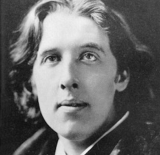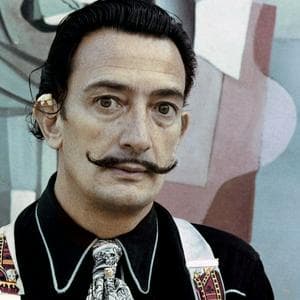Orson Welles MBTI 성격 유형
인격
"Orson Welles은 어떤 성격 유형입니까? Orson Welles은 mbti의 ENFP 성격 유형입니다. enneagram의 4w3 - sx/so - 487, big 5의 , socionics의 EIE입니다."
Welles: "I don’t know what it derives from, but I hope there’s some unity in my work, because if what you’ve done doesn’t belong to you as much as your flesh and blood, it’s of no interest. I believe that any work whatever, and I’m sure you’d go along with me on this, is good to the degree that it expresses the man who made it. I always feel morally involved with my scripts. They don’t interest me as scripts: for me, only the moral aspect is important. I hate rhetoric in any piece. I hate talk 'about' morality, but the moral centre of the piece is in my eyes essential." Cahiers: "Your morality is not the everyday one: it’s a higher morality." Welles: "Ah well, I must say I take more interest in character than in virtue. You could call that a Nietzschean morality, just as I could call it aristocratic as opposed to bourgeois. Sentimental bourgeois morality disgusts me: I value courage above all other virtues."
전기
George Orson Welles (May 6, 1915 – October 10, 1985) was an American actor, director, writer, and producer who worked in theatre, radio, and film. He is remembered for his innovative work in all three: in theatre, most notably Caesar (1937), a Broadway adaptation of William Shakespeare's Julius Caesar; in radio, the legendary 1938 broadcast "The War of the Worlds", and in film, Citizen Kane (1941), consistently ranked as one of the greatest films ever made. In his 20s, Welles directed a number of high-profile stage productions for the Federal Theatre Project, including an adaptation of Macbeth with an entirely African American cast, and the political musical The Cradle Will Rock.
인격 correlate
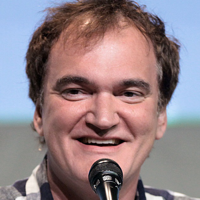
Quentin Tarantino

Hayao Miyazaki
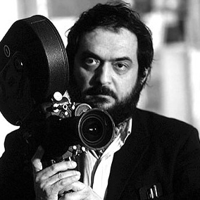
Stanley Kubrick

David Lynch
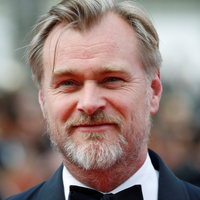
Christopher Nolan
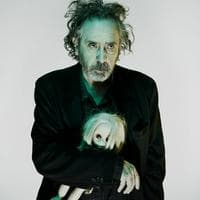
Tim Burton
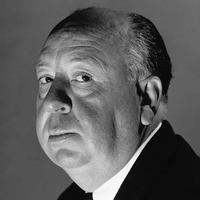
Alfred Hitchcock
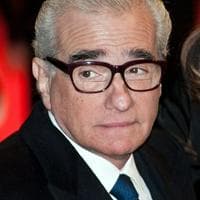
Martin Scorsese

